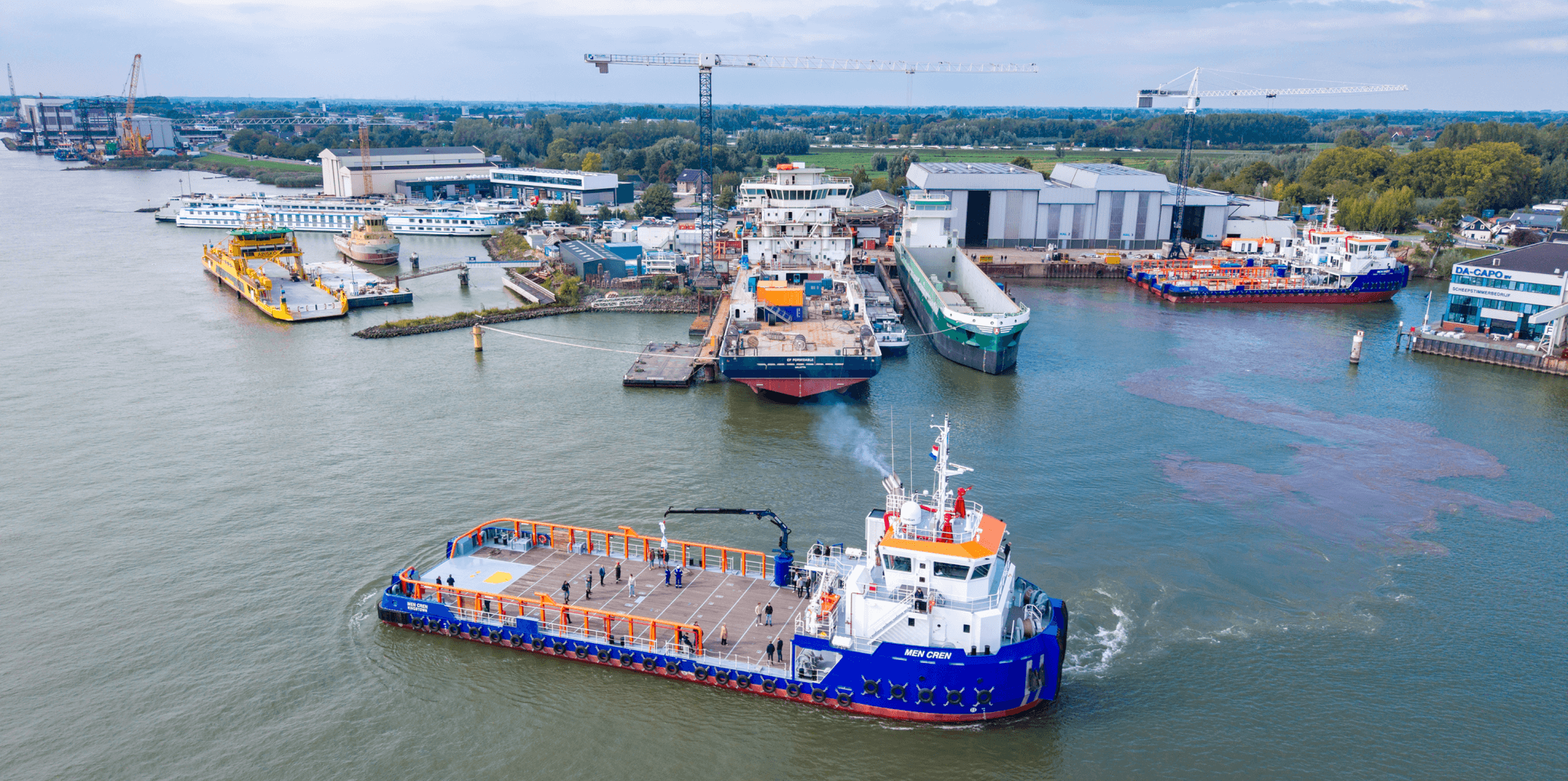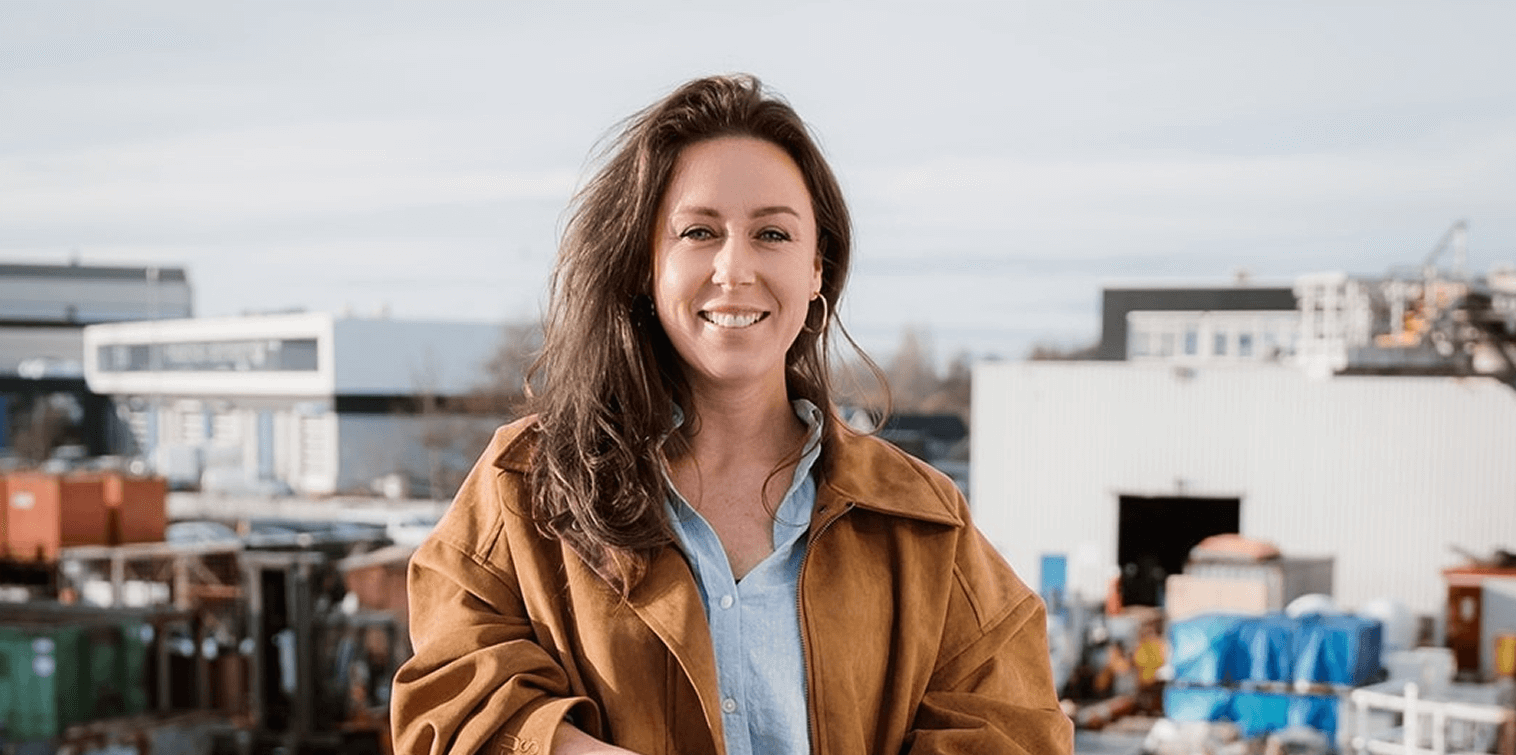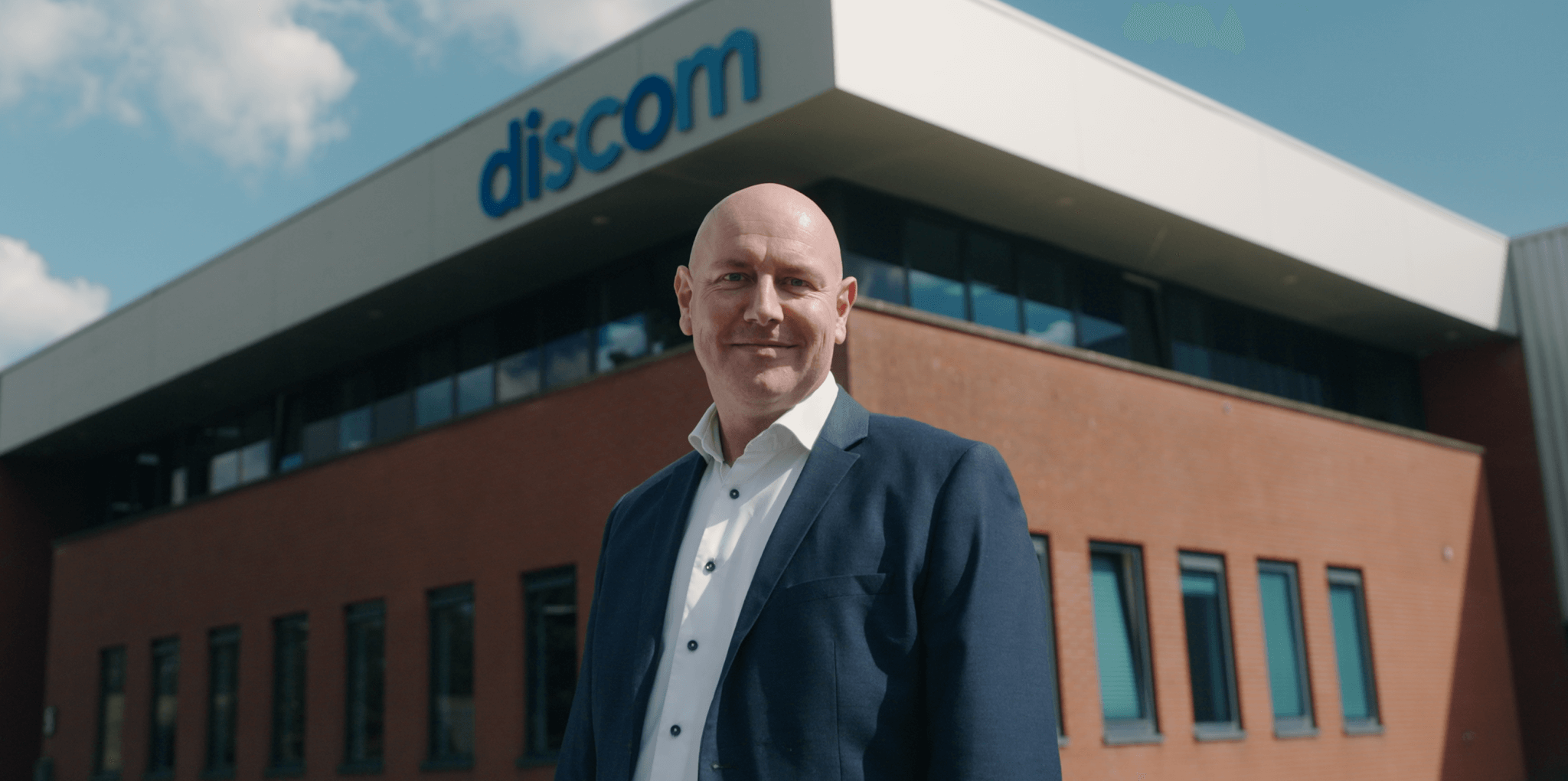 Credit: Iris van den Broek
Credit: Iris van den Broek
11.000
students in our Maritime industry
58
scientific and vocational training courses in the maritime industry
735
full time teachers in the maritime industry






